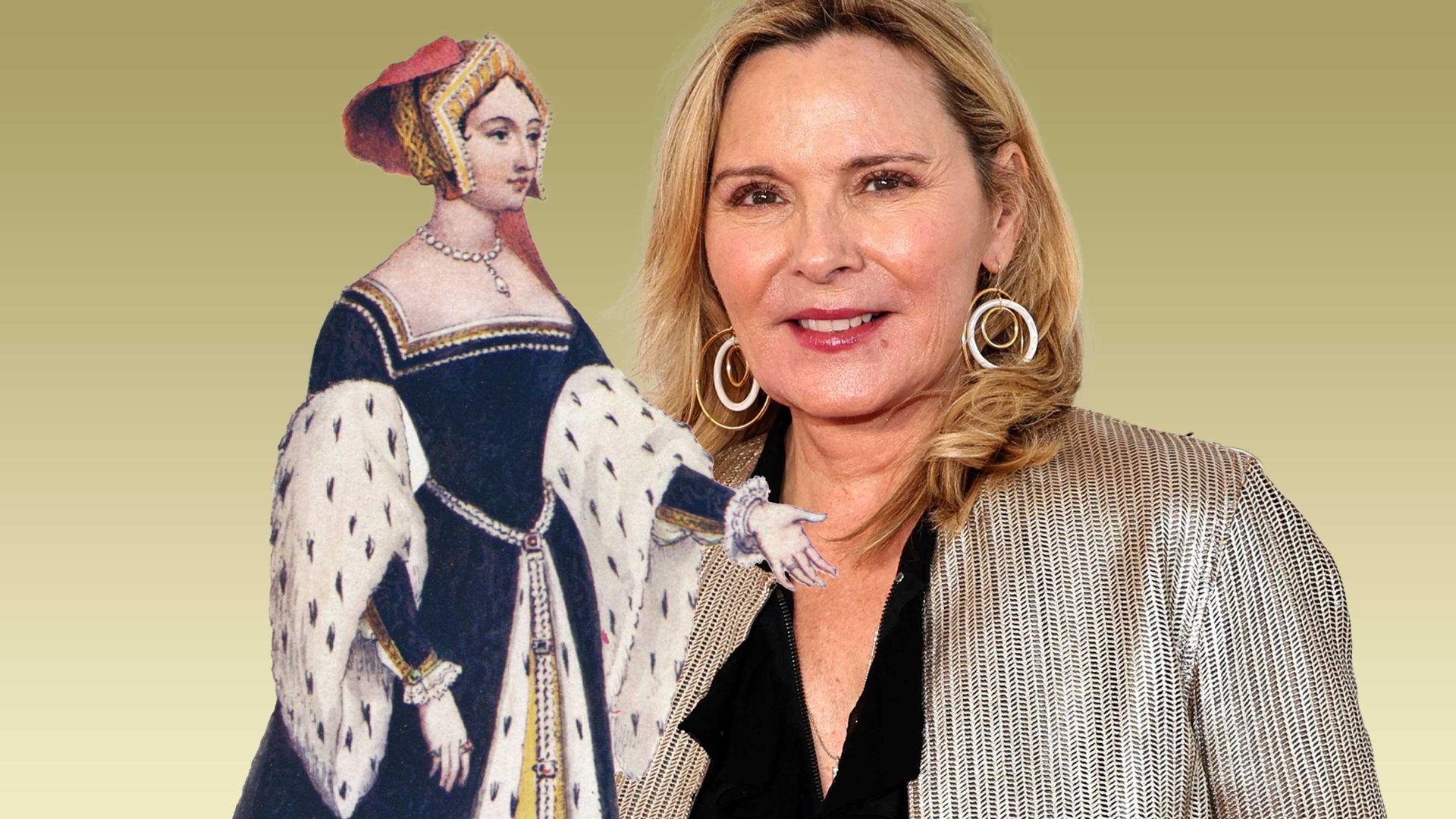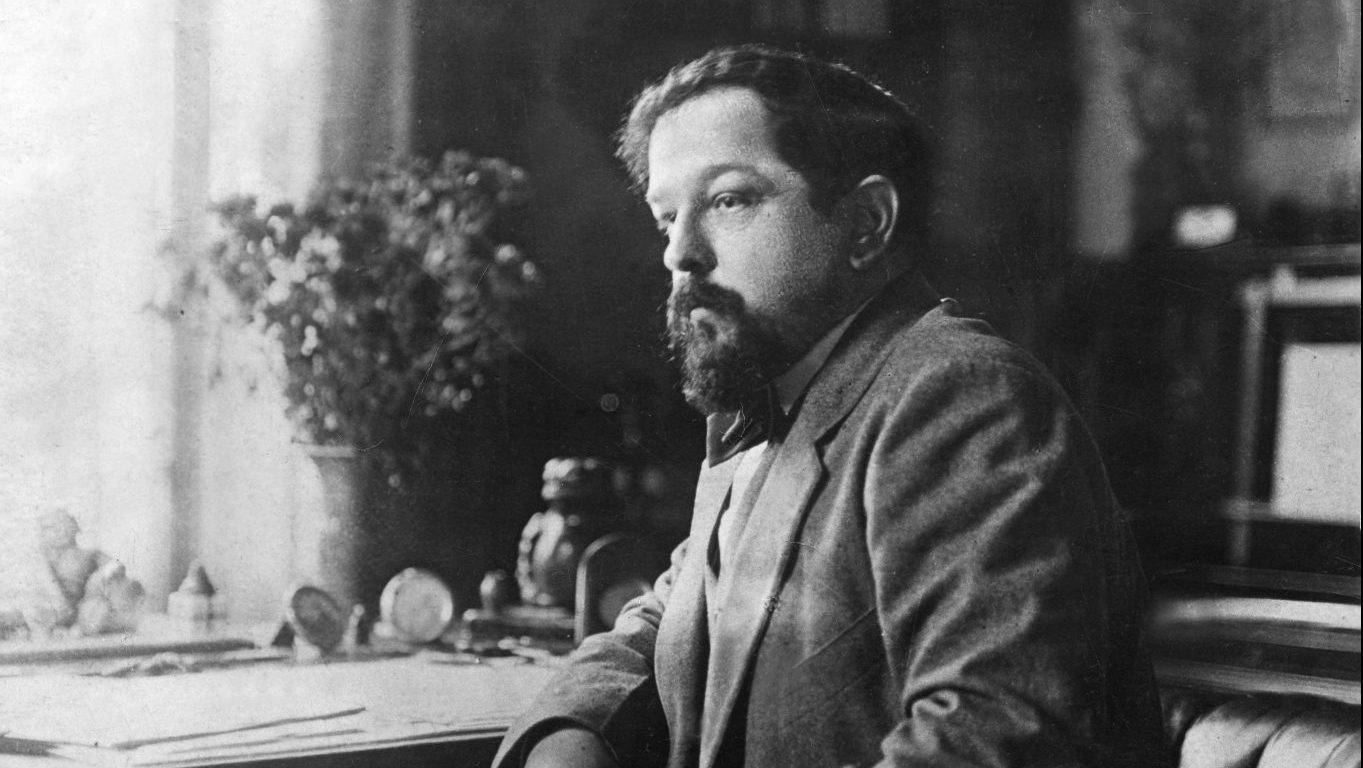My wife and I were fortunate enough some years ago to spend an enjoyable evening in the company of Kim Cattrall, the famous British-Canadian actor, who was born in Liverpool.
I dare say the first question I asked her, when we got to talking, would not have been everybody’s choice of a way to start a conversation with the star of Sex and the City.
Rather than some aspect of Samantha’s exhausting love life, what I wanted to know was “why do you call yourself CattRALL and not CATTrall?” Her rather amused reply was that actually she did not. Her father, who was a true Liverpudlian, had always pronounced the family name CATTrall, and so had the rest of the family.
There is nothing surprising about that pronunciation. Most two-syllable English words, including family names, are stressed on the first syllable. A majority of people here would consider moving the stress to the second syllable of a name to be a pseudo-French affectation, as in the well-understood joke in the BBC TV comedy series Keeping Up Appearances, where Hyacinth Bucket calls herself Hyacinth “Bouquet”.
Kim then went on to explain that so many people in the USA had called her CattRALL, and done it so often, that in the end she had just given in and gone along with the Americans without trying to correct them.
We can probably explain this American treatment of her name
by noting that there is a strong tendency in American English for words which are felt to be of foreign origin to shift their word-stress on
to the last syllable. Everyday words such as debris, ballet, baton, beret are stressed on the first syllable in most varieties of English but not in the USA.
There is another famous woman whose family name underwent a shift of stress from the first to the second syllable: Anne Boleyn. The Boleyns were a Norfolk farming family, with the first record of the name coming from the North Norfolk village of Salle, in the 13th century.
Today, Bullen is still a well-known family name in Norfolk, as well as in the rest of East Anglia. The name comes originally from the placename Bullen – which was what the now-French port city of Boulogne used to be called in English, notably during the 16th century when it, like Calais (then pronounced CALLis), was under the control of England.
The change in the spelling of the name from Bullen to Boleyn, and the subsequent change in the stress placement, can perhaps be seen as part of a strategy to help the family move up in the world, rather like the efforts of Mrs Bucket/Bouquet. There are today many examples of the same sort of social-climbing, re-spelling phenomenon in the form of British surnames such as Browne, Greene, Smythe, Ffitch, and Wryght.
The Bullen family were originally simply prosperous Norfolk peasants, but they were able to move into the minor and then major gentry of England, eventually working their way up into the aristocracy.
They reached the peak of their social-climbing of course when Anne Boleyn married Henry VIII and became the Queen of England, with her daughter Elizabeth later becoming Queen of England in her turn.
But, as we know, that story did not at all have a happy ending for Anne. Kim Cattrall has done very much better.
SALLE
The name of the North Norfolk village of Salle is pronounced “Saul”. It derives from sallow, an ancient English word for a particular type of willow tree. The same element also occurs in the names of Salford, Manchester. The large, beautiful Salle village church has several brasses to members of the Boleyn family.
The name of the North Norfolk village of Salle is pronounced “Saul”. It derives from sallow, an ancient English word for a particular type of willow tree. The same element also occurs in the names of Salford, Manchester. The large, beautiful Salle village church has several brasses to members of the Boleyn family.




